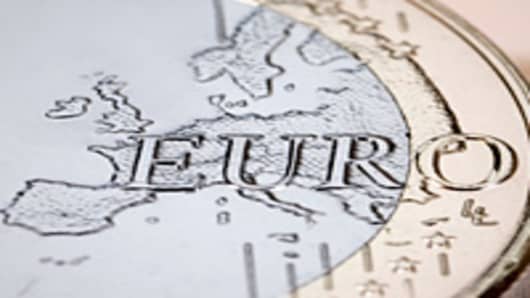The euro's recent resilience is baffling some investors, but this strategist has ideas about the causes.
You might think that Dutch political upheaval, disappointing economic reports, and an ongoing French election would be enough to dent the euro.
You would be wrong. The euro has been trading between 1.300 and 1.3500 for weeks now, and many investors are scratching their heads.
Some say the euro's robustness is the result of repatriation of assets by euro-zone financial firms that are shrinking their balance sheets. But Steven Englander, global head of FX strategy at Citigroup, says another factor is playing a bigger role: it's the foreign investors, stupid.
"There has been a rough correlation between the EUR and foreign buying of euro zone debt," he wrote in a note to clients. In other words, in periods of euro strength, foreign investors are buying euro zone bonds, and when the euro weakens as it did late in 2011, foreign investors sell. (The chart below shows the pattern.)



